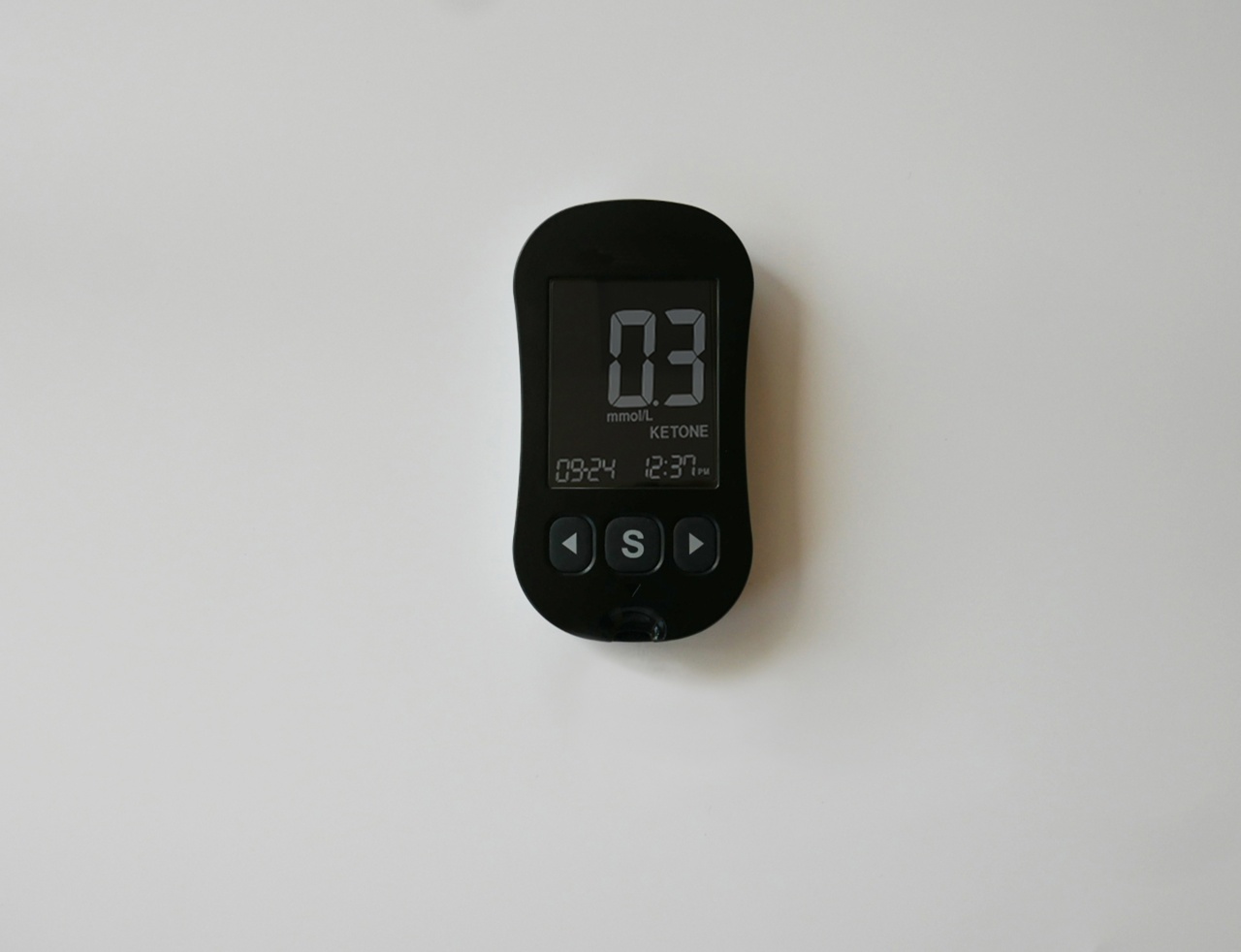High blood pressure, also known as hypertension, is a condition where the pressure in the arteries is consistently elevated.
This condition is characterized by health experts as the “silent killer” because it can cause significant damage to the body without showing any symptoms. Individuals with high blood pressure are at a higher risk of developing heart attacks, strokes, and kidney diseases.
The good news is that high blood pressure can be managed through various means, including diet. Here are some guidelines for managing blood pressure through diet:.
Eat a diet rich in fruits and vegetables
Fruits and vegetables are rich in antioxidants and nutrients that are essential for maintaining optimal health. Consuming a diet rich in fruits and vegetables helps reduce blood pressure and the risk of developing heart diseases.
Aim to consume at least five servings of fruits and vegetables every day.
Reduce your intake of sodium
Excessive salt intake is a leading contributor to high blood pressure. Reducing your sodium intake can help manage blood pressure. The recommended daily intake of sodium is 2,300 mg, which is equivalent to one teaspoon of salt.
However, it is advisable to aim for a sodium intake of less than 1,500 mg per day.
Consume Healthy Fats
Consuming foods rich in heart-healthy fats helps protect against heart diseases and lower blood pressure. Healthy fats include omega-3 fatty acids found in fatty fish such as salmon, chia seeds, and walnuts.
Olive oil, which contains oleic acid, is beneficial in reducing blood pressure as well.
Limit Alcohol Intake
Excessive alcohol intake has been linked to high blood pressure and various other health complications. It is vital to limit alcohol consumption to one drink per day for women and two drinks per day for men.
Avoid Processed Foods
Processed foods such as chips, snack bars, and fast foods are high in sodium, unhealthy fats, and other additives that can contribute to high blood pressure.
Replace processed foods with whole grain foods, fruits, vegetables, and lean meats to manage your blood pressure.
Avoid Sugary Drinks
Consuming beverages with high sugar content such as soda, and fruit juices leads to weight gain, diabetes, and high blood pressure.
Opt for low-sugar beverages like natural fruit juice, tea, or plain water as they do not contain excess sugar, which can lead to weight gain and other health issues.
Add Spices to Your Meals
Spices like garlic, pepper, basil, ginger, and turmeric are beneficial for reducing the risk of high blood pressure. Add these spices to your meals to increase their nutritional value and reduce the risk of high blood pressure.
Conclusion
Blood pressure can be managed effectively through diet and lifestyle changes.
Consuming a diet rich in fruits and vegetables, limiting alcohol and sodium intake, avoiding processed and sugary foods, consuming healthy fats, and adding spices to meals can help reduce the risk of developing high blood pressure. Adopting a healthful eating pattern can help control blood pressure and prevent various health issues.





























